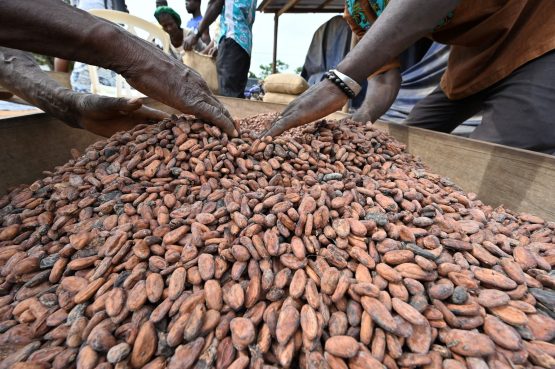Mondelez pledges $600m as African states snub cocoa talks

Cadbury maker Mondelez pledged an extra $600 million to a program that aims to boost cocoa farmers’ incomes, even as two major African governments boycott the chocolate industry’s annual summit in Brussels in a row over pay.
Mondelez will put the cash into its “Cocoa Life” program in a bid to increase the number of farmers it helps from 200 000 now to 300 000 by 2030. The company said it would take its total investment in the scheme — which aims to raise farmer incomes, improve access to education and stamp out deforestation — to $1 billion.
However, representatives from Ghana and Ivory Coast, which represent two-thirds of the cocoa market, are boycotting industry talks this week in a protest about poverty among West African farmers.
The World Cocoa Foundation annual meeting that starts in Brussels Wednesday will discuss steps to improve farmer pay, combat child labor and stop deforestation. Yet officials from the two countries accused multinationals of driving down prices. Without the involvement of the biggest cocoa producers, the meeting risks becoming irrelevant.
Cocoa prices dipped this week amid a drop in processing in Europe and North America as Western consumers, battling against a cost-of-living crisis, cut back on non-essentials. Global inflation pressures are also taking their toll on cocoa producers.
“While progress and impact have been made, cocoa farmers and their communities are still facing big challenges,” said Christine Montenegro McGrath, sustainability officer at Mondelez. She said a long term strategy to help farmers needed to involve “all industry players, producing and consuming governments, and civil society.”
Mondelez wants all of its chocolate brands to source cocoa through the “Cocoa Life” program by 2025 up from 75% last year. Chief Executive Dirk Van de Put said in an interview that cocoa farmers in the program earn 15% more than those outside.
Big cocoa buyers like Mondelez and Nestle have developed sustainability schemes designed to help farmers become more productive and employ practices which protect the environment and the crop in the long term.

